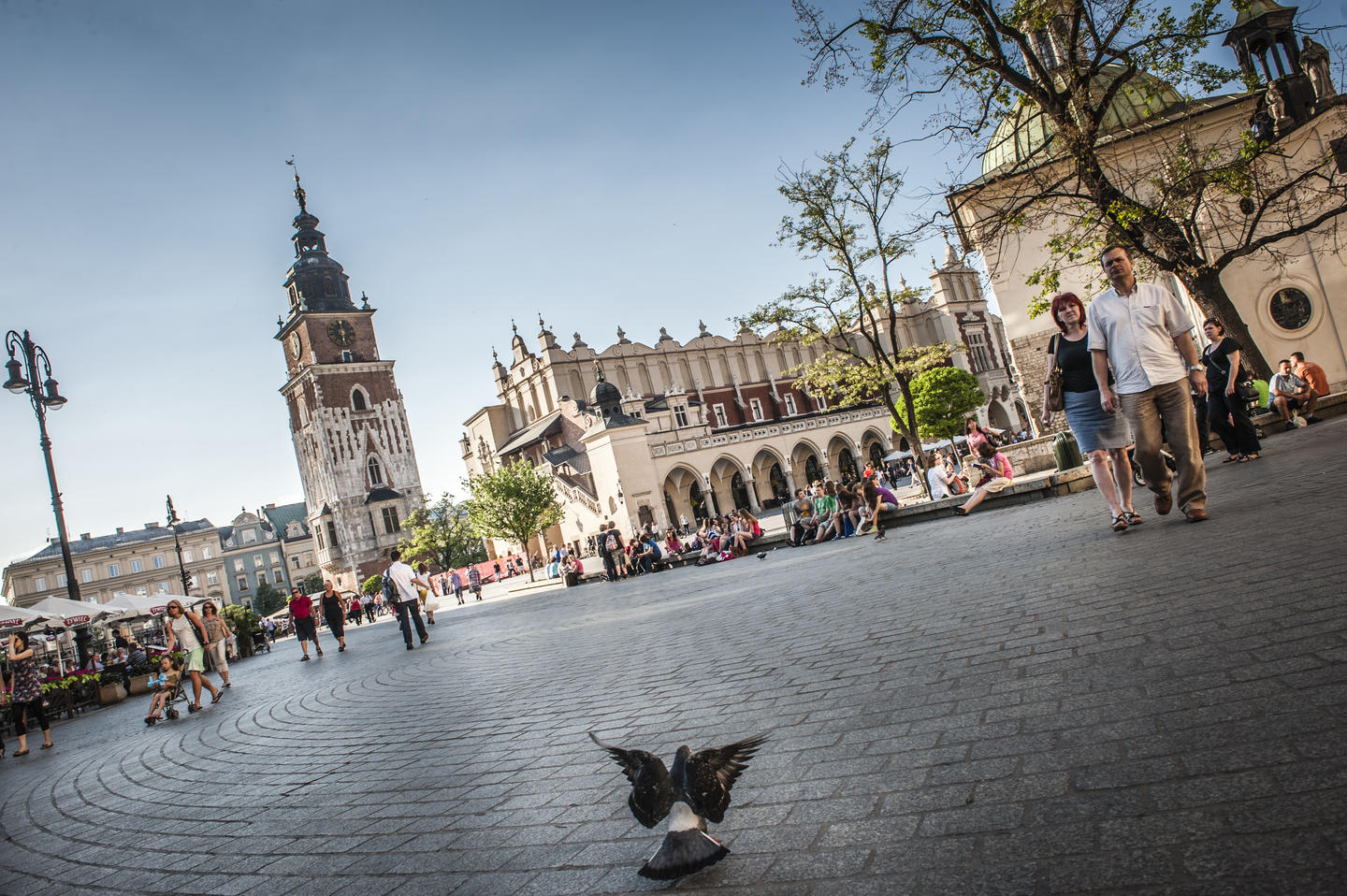With the latest signings, 13 out of 17 programmes designed for implementation in Poland under the EEA and Norway Grants 2009-2014 were approved by the donors.
Once the programmes are approved by the donor states (Iceland, Liechtenstein and Norway), programme operators can launch calls for project proposals. All open calls for project proposals are published on our website in the calendar. Projects may be implemented until 2016. Bilateral partnerships between entities from beneficiary and donor countries, promoted at both programme and project level, are actively encouraged by the Grants.
Environmental monitoring and integrated planning and control have been earmarked €15 million in grants. The Norwegian Climate and Pollution Agency is the donor programme partner. The programme is expected to achieve an improved compliance with environmental legislation.
Biodiversity and ecosystem services in Poland are supported by €20 million. The programme aims to halt the loss of biodiversity. Two open calls are planned for the first quarter of 2013. Small projects can receive grants of between €50 000 and €250 000, while big projects can apply for between €170 000 and €800 000.
Judicial capacity-building and cooperation has received €14 million with the aim of supporting a fairer and more efficient judicial system in Poland. The Norwegian National Courts Administration is the donor programme partner.
Correctional services, including non-custodial sanctions, are financed by €13 million. Implemented in partnership with the Norwegian Correctional Services, the programme is expected to improve Poland’s correctional services system in compliance with relevant international human rights instruments.
Preventing and tackling domestic and gender-based violence is supported by €3 million in grants. Its expected outcomes include reducing gender-based and domestic violence, as well as providing support to victims of trafficking.
